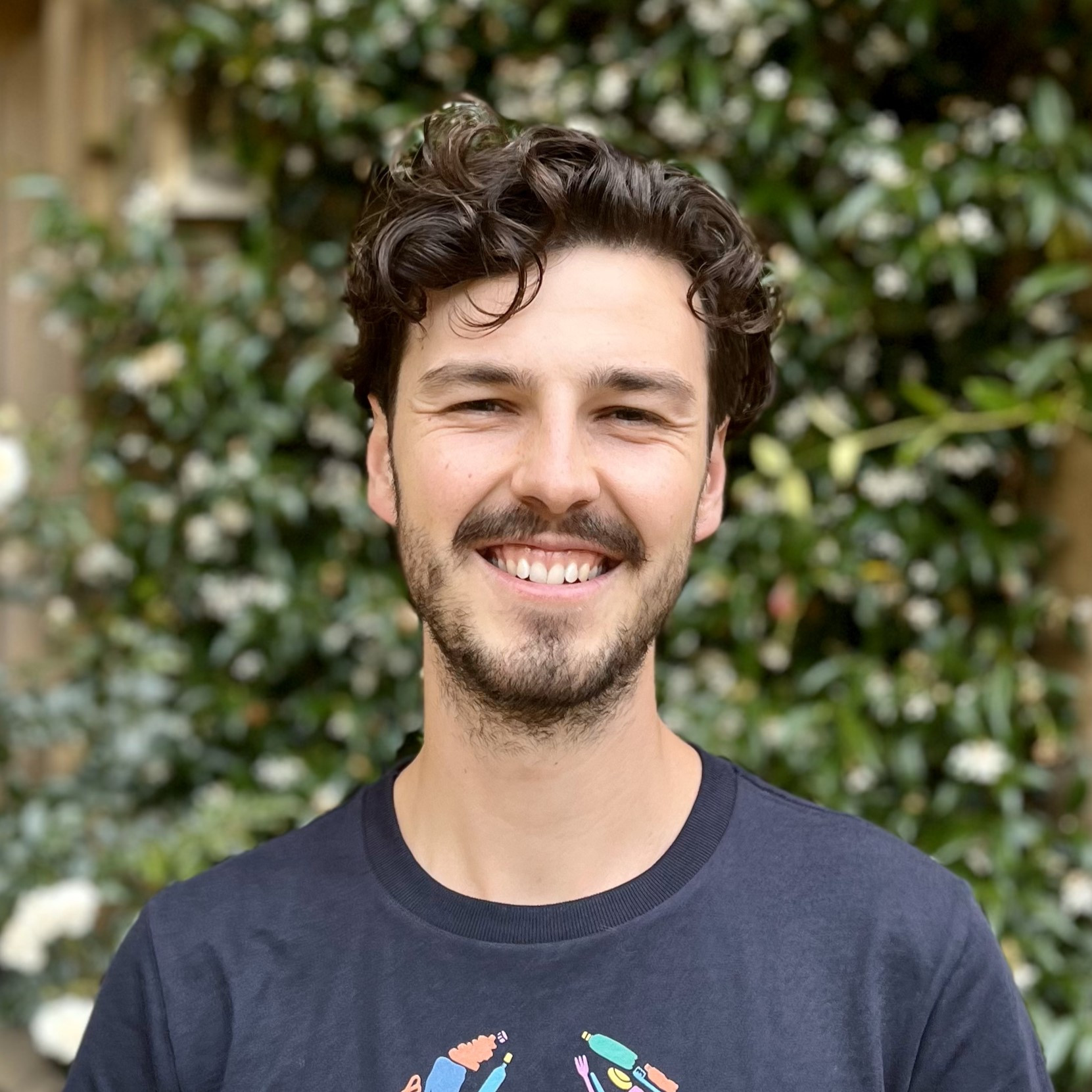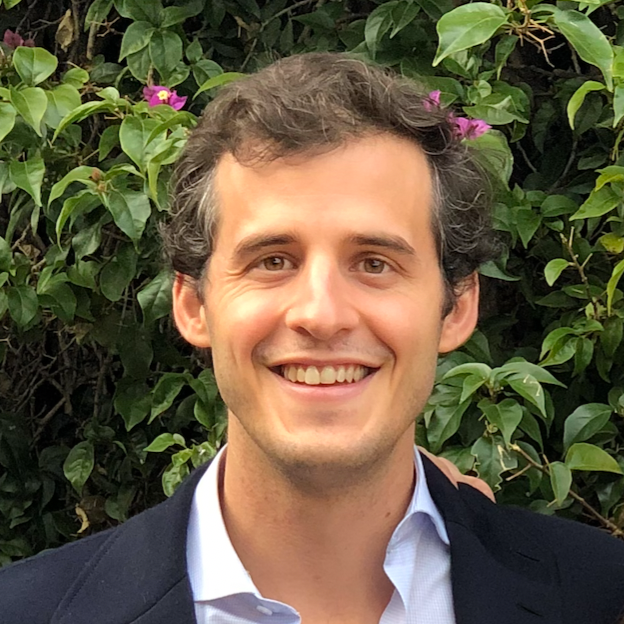About This Project
This proposal addresses the problem of effectively capturing CO2 and creating long-term storage without undue environmental consequences. We aim to scale low-resource technologies with minimal externalities, while ensuring a reasonable cost structure targeted at ~$100/t of CO2 removed. Our innovative approach combines large-scale cultivation of carbon-fixing microalgae for CO2 capture with subsequent injection of harvested biomass into old oil fields for permanent carbon removal.
Ask the Scientists
Join The DiscussionWhat is the context of this research?
While emission reduction remains the most important task to fight the climate crisis, this project addresses the long-term need for carbon removal.
Microalgae are fast-growing carbon capturers that can take up ~1.8kg CO2 per kg algae and large-scale cultivation is established (e.g. Cyanotech).
Injection of fluids into oil fields is also established. At 10Gt/year, oil field storage in the US alone allows for 300 years of carbon removal.
The natural variety of growth conditions for microalgae and the international presence of empty oil wells ensures broad global applicability.
Other startups use carbon certificates as business model. They use concepts of algae carbon capture (e.g. Brilliant Planet) or pyrolysis derived bio-oil to inject carbon underground (e.g. Charm Industrial).
What is the significance of this project?
This project offers a novel, scalable approach to carbon removal by combining biological CO2 capture with permanent storage, addressing both climate change and the challenge of reusing industrial assets. It can contribute significantly to the global goal of removing 10 Gt of CO2 annually. By using microalgae and bioslurry injection, it avoids energy-intensive steps, reducing costs and environmental impacts. If successful, it would provide a sustainable pathway for carbon removal at an affordable target of ~$100/t, opening a new avenue for industry and policy collaboration while repurposing fossil-fuel infrastructure for environmental benefit.
What are the goals of the project?
We formulated key questions that will be tested with lab experiments (e.g. testing algae strains for their growth performance, making algae bioslurry, injection tests using drill cores), literature research, and expert interviews.
Can we cost-effectively use microalgae to make a pumpable bioslurry?
- How can we grow large amounts of algae quickly?
- How can we make a bioslurry with low resource input?
Is it feasible to inject bioslurry into empty oil fields?
- What are current practices for injection of liquids into oil fields?
- Would algae bioslurry be a usable substrate for pumping?
How big will the carbon credits market grow, and how resilient is it given changing conditions?
- What is the target competitive price per tonne of CO2?
- What margin profile will make a scaleable technology?
Budget
With the budgeted research cost, we aim to fund various algae cultivation trials, the purchase of different algae strains for comparison of growth, and laboratory consumables.
 Project Timeline
Project Timeline
We are aiming to collect as much information from experts as possible right from the start of the project to kick off in the most efficient way possible. Once we have created a summary of expert advice and opinions, we will carry out lab experiments at the University of Cambridge, UK. They will be guided by gathered information from expert interviews and literature research and will focus on answering the questions raised in the Goals section.
Jun 30, 2025
6 month report
Dec 31, 2025
12 month report
Meet the Team
Team Bio
Our partnership is rooted in discussions about the global challenges of our time and a shared enthusiasm for tackling them. It uniquely combines Philip’s industry experience with Darius’ cutting-edge research.
Our diverse networks, forged through Nebia and academic affiliations, enrich our capabilities. Leveraging these connections, we aim to collaborate effectively with researchers, industry leaders, policy-makers, and fellow innovators.
Darius Kosmützky
Darius Kosmützky is currently a Biochemistry PhD candidate at the University of Cambridge specializing in algae photosynthesis. He holds the prestigious Gates Cambridge Scholarship, an MPhil from the University of Cambridge and a B.Sc. from Bielefeld University. Darius brings a deep understanding of algae biology and the underlying biochemical processes. His academic collaborations and networks not only grant access to the algae biotech landscape but also provide a well-suited starting point for Phase II trials.
Philip Winter
Philip Winter co-founded Nebia (acquired in ’22), a climate tech/hardware company which he successfully led through nine years and five funding rounds, securing investments including from Tim Cook, The Schmidt Family Foundation and Y-Combinator. Philip has substantial manufacturing, product development, commercialization, management, and fundraising expertise. Currently, he is an early stage deep-tech investor at The Creator Fund. He holds a BA from the University of Pennsylvania and an MBA from the University of Cambridge.
Project Backers
- 0Backers
- 100%Funded
- $25,000Total Donations
- $0Average Donation

